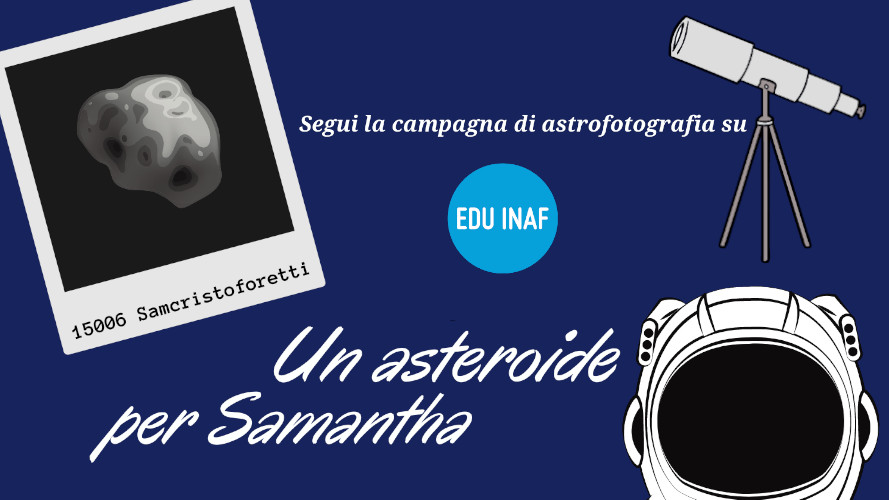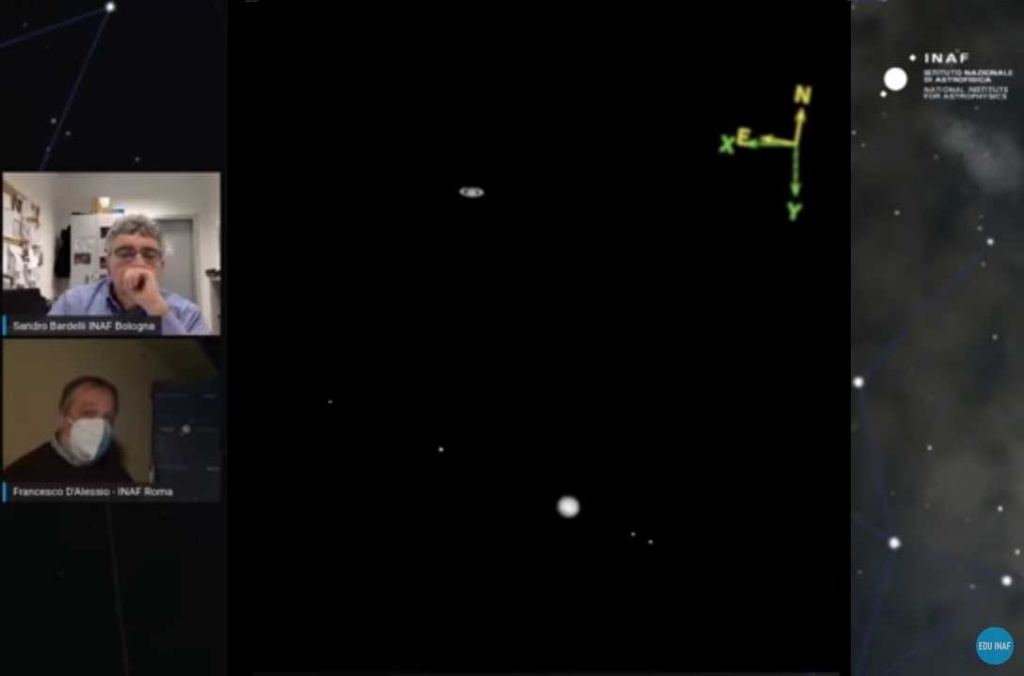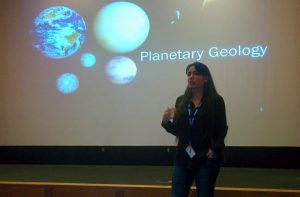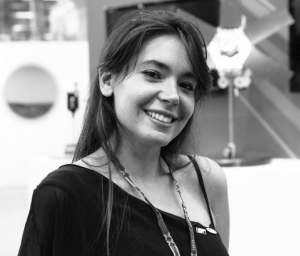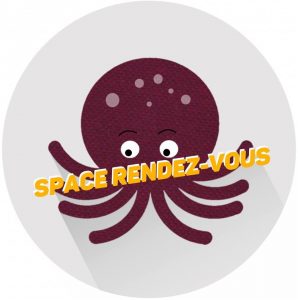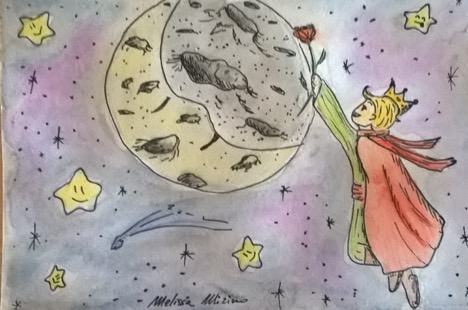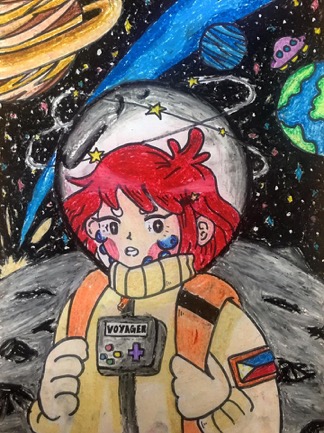Inspiring stories – Back home, back in time
In the third of our Early Career Inspiring Outreach Stories, Erica Luzzi of Jacobs University Bremen shares her impressions of revisiting her old school.
A very long time has passed since the last time I was in my old school. That’s where I decided to start my outreach experience. As a sensitive person, I just thought that feeling at home would have relieved some of the pressure, helping me to actually reach the kids I was there for.
Just walking through those corridors, I realised how much I missed that place. I remembered the dreams of becoming someone one day, with something to say to the world. I remembered the infinite mornings sitting behind that desk, no clue what the future might be.
And then, I finally came back as an adult. As a scientist. Some of my former professors were still there, calling me “colleague”: it blew my mind. The awe I had back then for those figures who looked invincible. And now, they just look to me as they really are: humans. Frustrated, sad, disappointed, tired. Even the rooms that were looking so big to me, in that moment appeared to be the smallest place on Earth. Everything changes once you grow up, but some things don’t: some of us, are still dreamers.
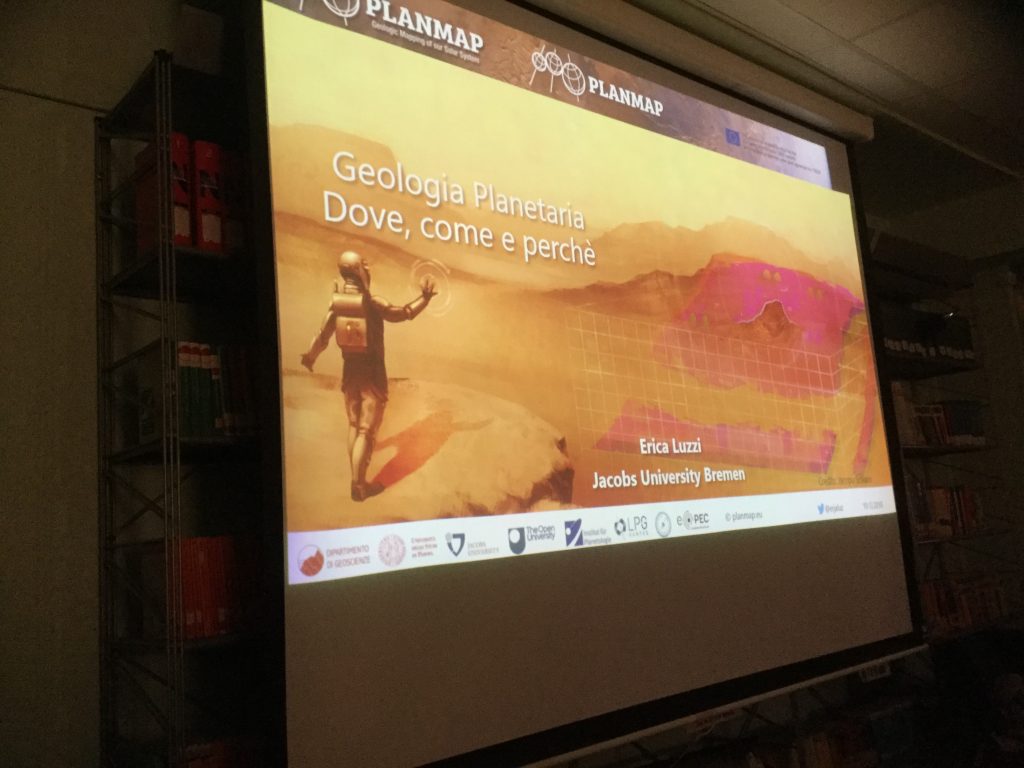
My presentation for the kids was: “Planetary geology: how, where and why”. While I was telling them that I was happy to be back in my hometown and at my old school, they looked at me like an alien. They were wondering, whispering to each other: “Is it possible to become a planetary scientist coming from here?”.
I reassured them, the answer was yes. They had the power to become whatever they wanted. In their smiles, full of hope and joy, I recognised my own dreams and my own innocence.
I asked them to interrupt me whenever they wanted to ask questions, express their curiosities, and not feel ashamed and embarrassed. And, against my expectations, they responded so actively to my presentation, that they had no idea how much it meant to me. They were not only asking silly questions just to show the professors they were involved in the presentation, they were really curious, smart and aware. I have always had doubts about the next generation: I guess it is typical to believe that the good values of the old times are gone forever. Somehow I was scared by the lack of interest and curiosity, I thought that since they were born in a society were everything is immediate – every piece of information, every human contact – they would not know the patience, the perseverance, the preciousness of waiting even for a small result. But I was wrong. Those kids showed me how passionate they are and mostly, how they are naturally provided with the logical and intellectual means to process the inputs coming from the outside.
They kept the discussion alive for the entire hour of the presentation, feeding it with their curiosity, facts they knew, looking for confrontation, even challenging my knowledge sometimes.
When I was leaving, their smiles were a testament to an unexpected gratitude. They filled my heart, they really did.
This outreach experience was my first one and I am glad I took the chance to let this happen. Now I know, there is something noble that makes us even richer than improving our scientific knowledge: spread it, make it a property of those who have an entire future to build with the eyes still full of hope. Make them participate to human progress, because they are our future, and it is way much brighter that we could possibly expect.
Do you like this story and want more? Browse our archive of Inspiring Stories and get inspired!
